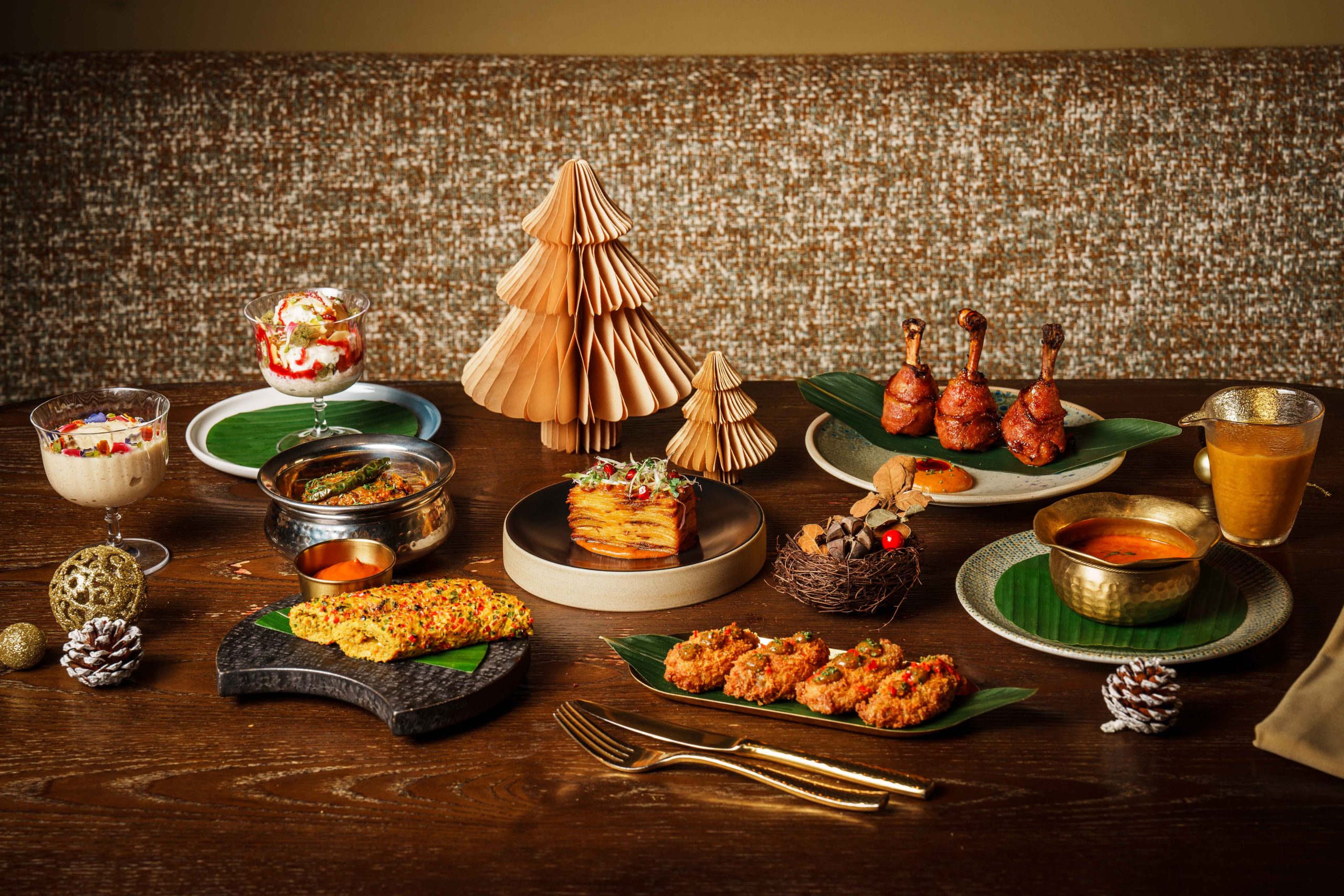In town to collect his trophy at the Asian Film Awards, director Jang Jae Hyun talks to Mathew Scott about drawing inspiration from his own life while creating strong connections with his actors and audience
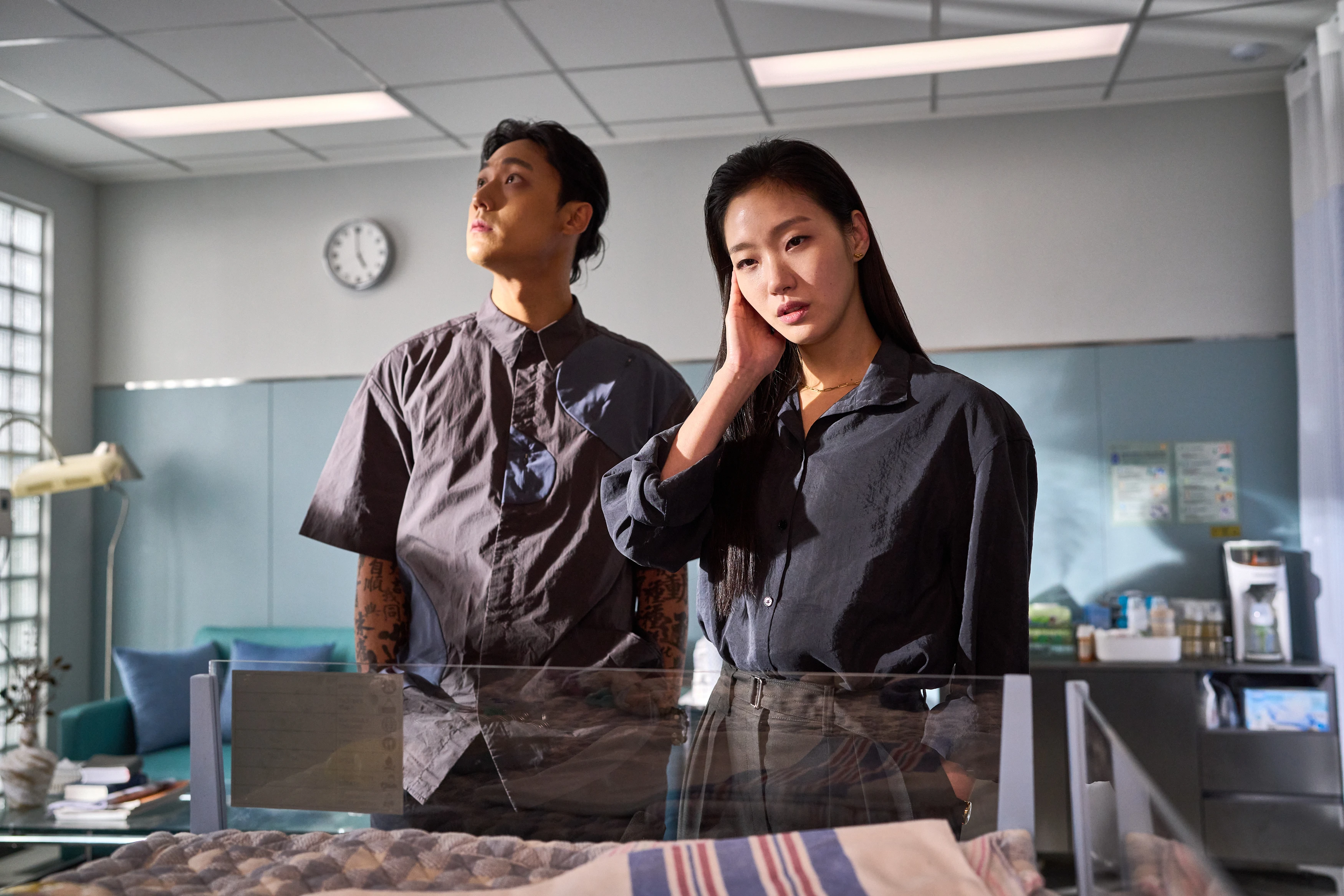
If you were caught wondering what was happening on a recent Sunday afternoon inside The Langham, it was the black clothing that should have given the game away. The annual Asian Film Awards (AFAs) had taken up residence and it seemed as though each and every person was dressed in variations of the film industry’s unofficial team colour.
There was a palpable buzz, too, as some of Asia’s biggest stars could be caught scuttling between rooms, and across the lobby floor – the likes of Taiwan’s Tang Wei, Japan’s Koji Yakusho and our very own legend Sammo Hung among them.
The AFAs are an annual celebration of all that is great and good about movies from the region, and later that night there were thousands gathered at the Hong Kong Convention and Exhibition Centre for the handing out of the awards themselves.
What was remarkable again this year was the diversity of talent and content on show, considering that globally there has for so long been musings on issues of representation in terms of both when it comes to the entertainment industry.
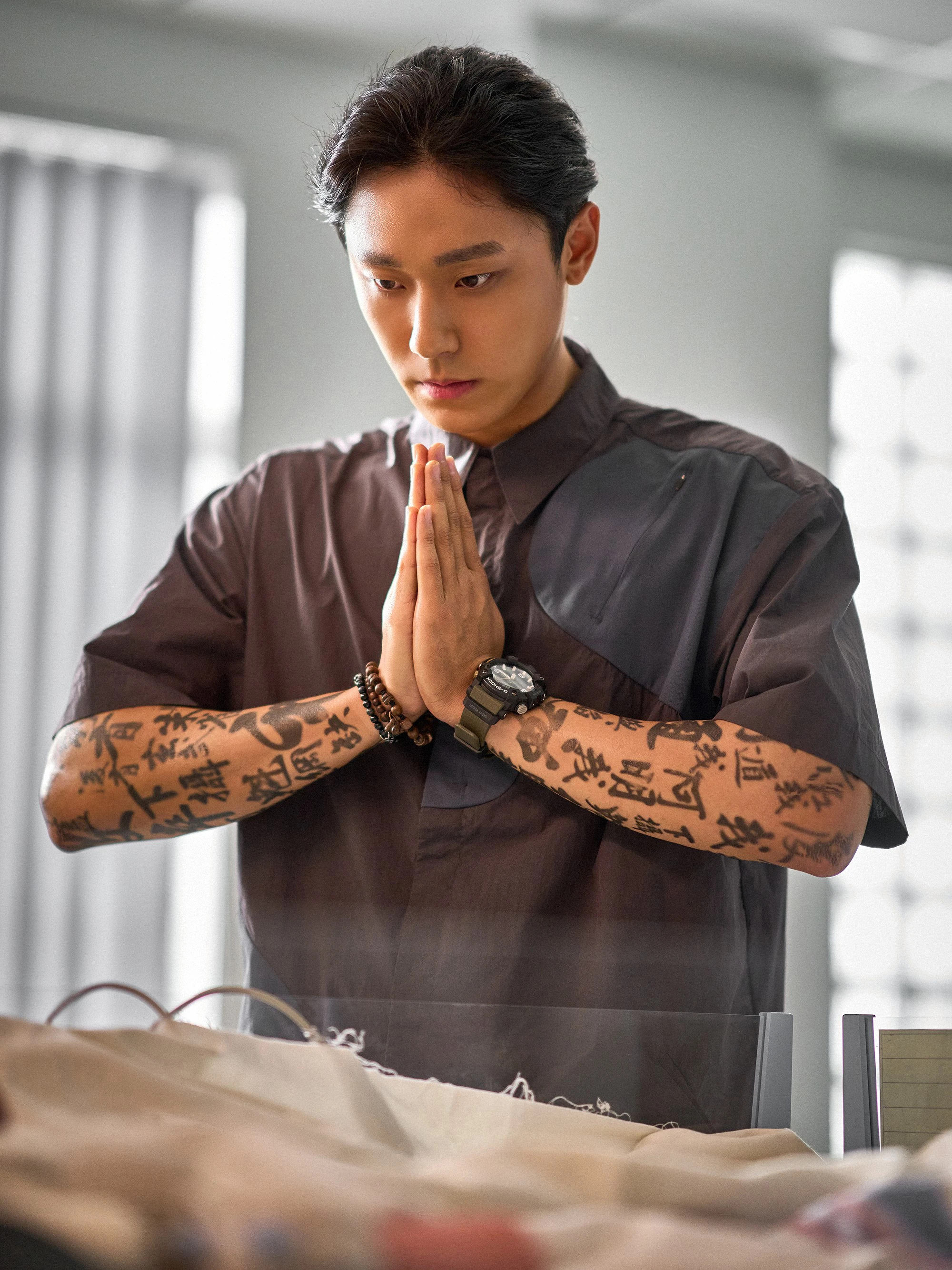
India’s Payal Kapadia led the way with her distinctive and very independent All We Imagine as Light winning Best Film for its luminous portrayal of Indian women dealing with daily life and the expectations society places upon them.
In those hours before the AFAs were handed out, #legend was on-site at The Langham to talk to two exceptional filmmakers whose talents stretch across genres and who have over the past decade been at the forefront of Asian cinema.
Both Daihachi Yoshida and Jang Jae Hyun departed Hong Kong with awards – Best Director for Yoshida, Best Costume Design and Best Visual Effects for Jang – and they were for two films that could not be more different. Yoshida’s Teki Cometh is a slow, hypnotic drama that concerns itself with issues of ageing while Jang’s Exhuma is a chill-a-minute horror that delves into South Korea’s dark past.
Along with critical acclaim and box office success, what connects the pair, though, is a commitment to a distinctly individual vision, and to sharing stories that feel very personal – even, of course, their own.
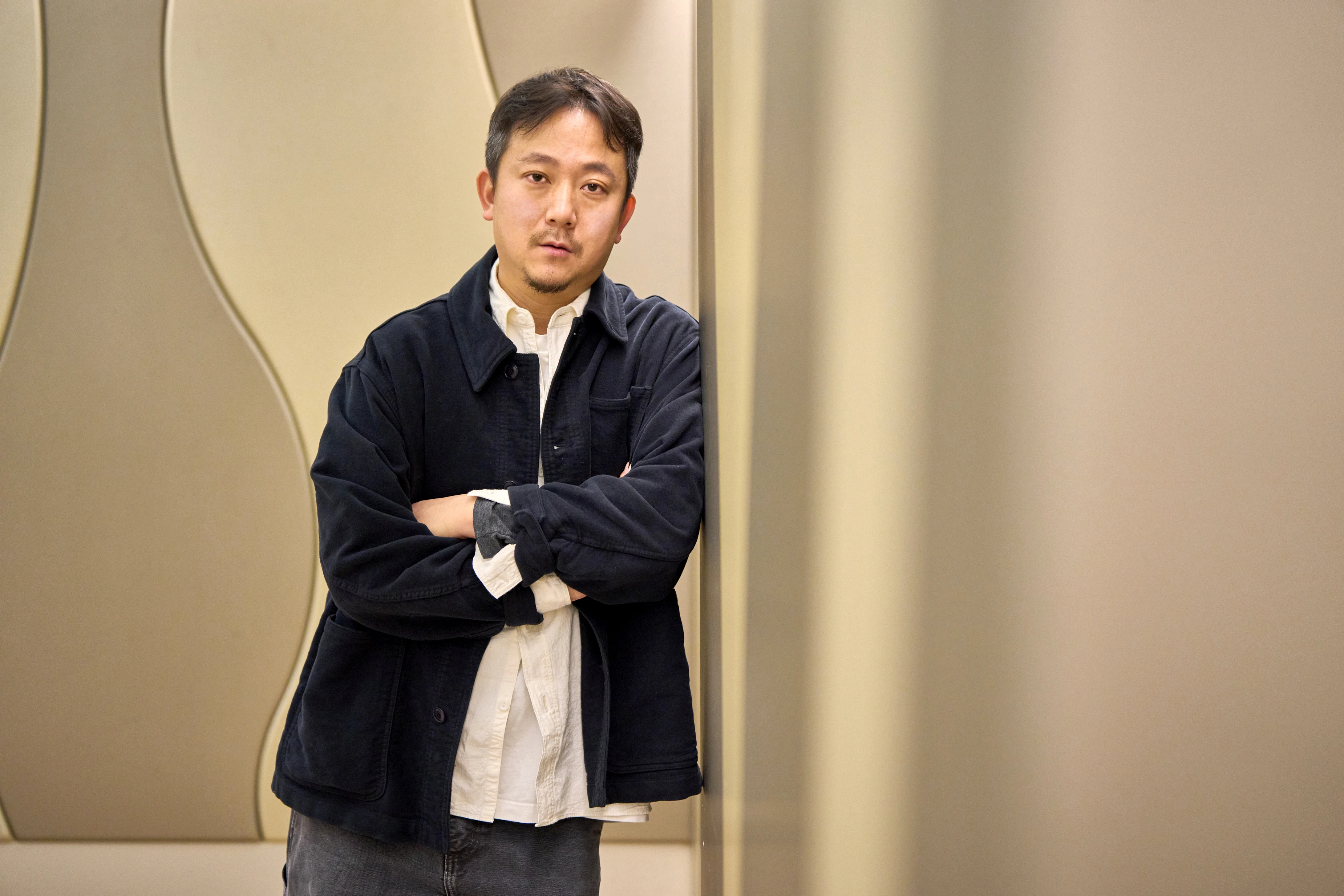
Jang Jae Hyun puts his head in his hands when he’s asked to explain how he has dealt with the box office and critical success of his horror/mystery Exhuma.
It’s a film that comes steeped in distinctly Korean folklore, with its shamanic rituals and dark connections to the country’s sometimes violent past, and one that has been a hit wherever it has played.
Its success has included a remarkable collection of around US$1 million from the Hong Kong box office, even as the local market in general continues to struggle, with annual turnover last year down an estimated 6.2% overall.
“It has come as a surprise,” says Jang. “But I thought we had a strong story and it’s a film where everybody involved just worked so hard.”
That includes the great Choi Min Sik (Old Boy), who commands the film in his role as an often-confused but always committed feng shui master, tasked with corralling a vengeful spirit.
On the eve of the Asian Film Awards, Jang is closing out more than 12 months of promotions for the movie which, after a cinema run that took in around US$100 million from the global box office, can be found on international streaming channels.
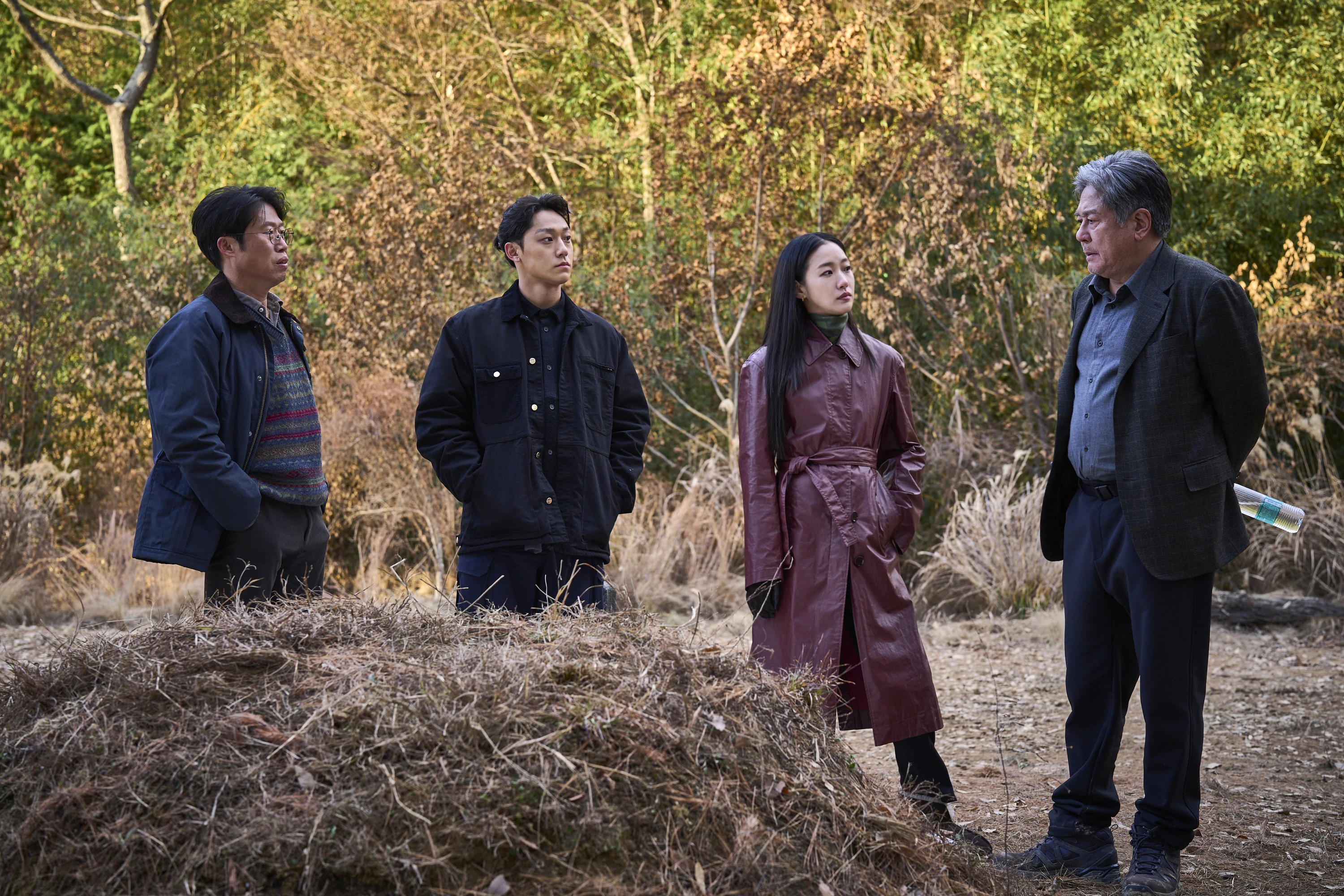
While he’s already deep into the planning of his next production (and Jang spills some secrets with us about that), the enthusiasm the filmmaker still has for Exhuma is infectious.
“What has surprised me also is that the reaction of the audiences all over the world has been the same,” he says. “They’re scared when I want them to be, they laugh when I want them to and they have lots of questions to ask when I get a chance to talk with them.”
Once we sit down to talk, Jang also takes some delight in sharing his journey so far – from rural Korea farmlands to the bright lights of the film world. He admits to developing an early affection for Hong Kong’s own unique brand of horror but Jang turned to the movies completely by chance – as we soon found out.
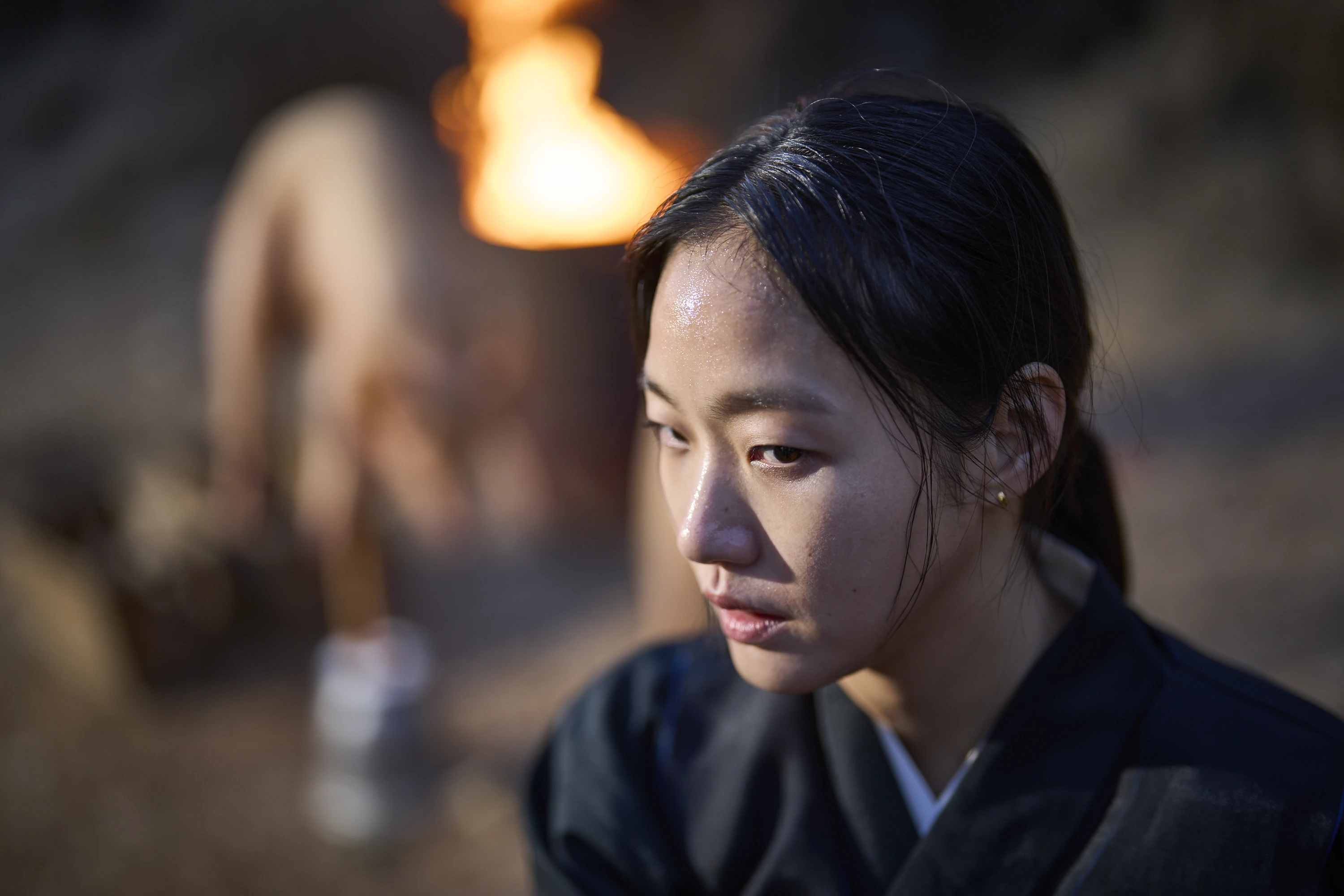
Did you ever expect this film would prove so popular all over the world?
I really didn’t expect it would be so well received around the world, but I actually expected some attention from the China and Hong Kong audiences. I think it’s a good story for those audiences because it has a lot of the flavour of old Hong Kong films, especially Mr Vampire [the famed Sammo Hung–produced horror/comedy from 1985]. It’s one that really influenced me and there’s even a scene – when they’re moving a coffin – that’s a nod to that film. Growing up, I really loved Mr Vampire.
To me it just feels so real. Had you ever experienced any of the rituals we see?
Well, my aunt is a shaman and then two cousins are priests. So there was a lot of religion around my family and I witnessed the sort of rituals I used in the film. The opening scene [involving a vengeful spirit] is actually something that happened with my grandma. I guess I’m lazy as I often use scenes I’ve stolen from real life in my films. I also worked with different shamans, geomancers and undertakers for almost two to three years.
I had meetings with them to construct the characters, the roles in the film. I wanted to make everything feel as real as possible and I could draw on my own memories of witnessing these things for that, too.
Also see: #review: Is Disney’s Snow White the fairest remake of them all?
And Choi Min Sik is such a force of nature himself. How involved was he in creating the character of Kim Sang Deok?
You know, actors like him are very busy. But I’ve been involved in the relocating of a grave around 15 times. That’s based on my experience and I shared my experience with the actor. But Choi Min Sik always comes prepared. He actually gave me a book about feng shui. In a film like this it’s important to have the very best actors, like Choi Min Sik and Kim Go Eun. This film doesn’t have a lot of an introduction to them or description of the characters, but these actors, they appear and people will believe in these characters immediately. That’s just the talent they have, and why they were so important to this film.
You’ve travelled with this film around the world. Have there been different reactions to it from different audiences, or have the reactions been sort of universal?
Yeah, it’s a bit strange to me because almost all of the audiences have had the same or similar reactions. I wasn’t sure if they would but they all seem to understand everything, even though there’s so much going on. I wanted the film to feel real to the audiences so I guess this is a good thing – they believe what they’re watching.
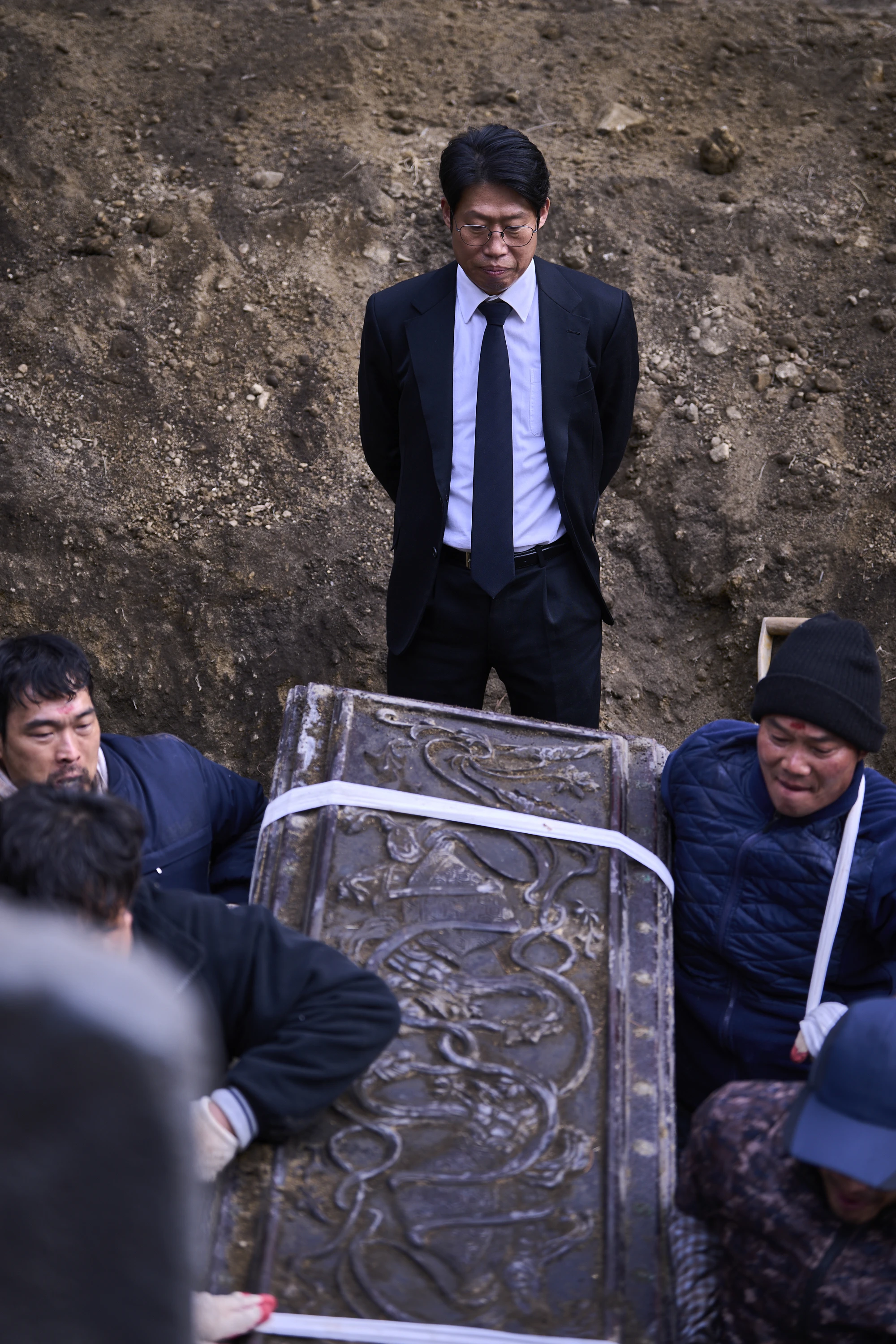
It looks like you kept the CGI to a minimum – was that deliberate?
That’s because of money – it really costs a lot! But for me it’s very important not to use computer graphics because this is not a Marvel movie. You have to express things in a real way to make it work. I wanted to express everything like it was happening in real life. It takes a lot of time but it’s good for the actors to actually act. The actors get a sense of respect for the production when they actually do it. That’s why I don’t like the actors acting against a blue screen. When the actors do the rituals, they get scared, so they respect the production – and it’s so much more believable.
What were the sort of stories that scared you when you were a kid?
To be honest, I was not a fan of horror films in general growing up – it was suspense that was really important to me. And although I didn’t really like horror, I liked things that were grotesque. It’s different, you know, horror and grotesque or the mystery of the occult, or something religious, some mysticism. These are important for me because they scare everyone., When I was young, there weren’t many movies like this, especially in Korea. So, in a way, I wanted to make them myself.
When you were growing up, was that what you wanted to do with your life?
When I was young, I wanted to be a spy. Seriously. But I grew up in the countryside and when I first came to the capital city, Seoul, I saw them shooting a movie on the side of the road. I thought, wouldn’t that be a great job – it’s like you wouldn’t have to actually go to work every day! My family had moved back to our small, rural hometown from Seoul when I was young and had become farmers, and I thought maybe that was what I would do until that day. From then I had no doubt.
How does your family react to your films now?
Sometimes I want to kill them! I sometimes get angry because they give such bad criticism. They always think that there’s not enough. They even comment on the casting, or they’ll compare my film to another movie. It drives me mad!
We seem to be at a stage where the horror genre is finally getting its due respects.
Is that something you feel, too?
Compared to the past, I feel like horror movies are now finally being recognised. In the past, I was very concerned that there weren’t any films like this in Korea. You know, I was working on my next production synopsis and I was thinking how there are now a lot of movies of this genre. So I’m kind of relieved. After getting our nominations at the AFAs and seeing a lot of foreign movies, I have a lot of ambition to make more films that are not just competitive but are also for the world, not just for the Korean audiences. I was thinking today, here at the AFAs, and after Exhuma was so well received globally, that I now have an ambition to make a movie, even a genre, that doesn’t exist in this world. A new territory. A new genre.
What can you share about this project?
I want to make a film that is well received in the world, globally, so I’m writing about a vampire in Korea, immersed in the Orthodox Church. There’s no real history of this type of film in Korea so it will be something I hope people feel they have never seen before.
I’m almost finished with the synopsis and hopefully we can start shooting next year. As I said, I loved Hong Kong’s Mr Vampire but my real inspiration for this comes from Francis Ford Coppola’s Dracula and its star Gary Oldman. I think it’s a masterpiece. So I’m inspired by this but, as I said before, I want to make something that people have never seen before. That’s always the dream of a filmmaker.
Also see: #review: Is the Marvel’s Thunderbolts an electrifying watch?




